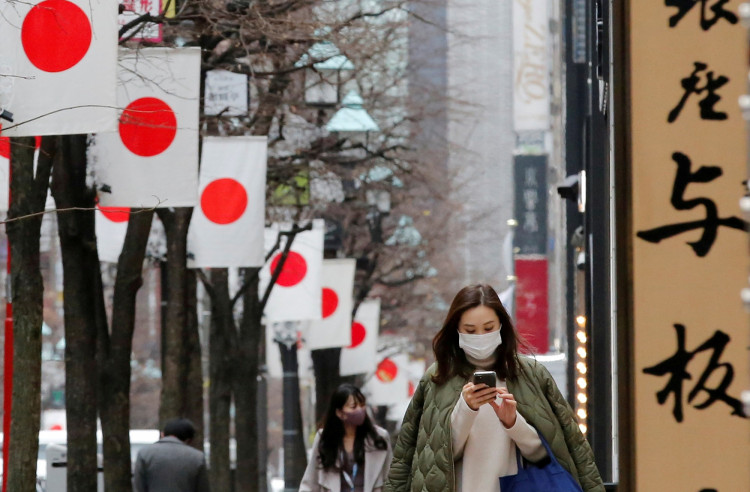Japan's sanctions against Russia for its invasion of Ukraine are appropriate, even if they restrict energy supplies, because Tokyo may need alliances to resist China in East Asia in the future, according to Taro Kono, a former defense chief and foreign minister.
"We need to show the Japanese people that in order to protect ourselves, we must also protect others," Kono said. "We must put an end to any hostility anywhere in this world," he added.
Japan's biggest national security threat is China, which is followed by North Korea and Russia. Some Tokyo officials, including Kono, are concerned that Russia's strike on Ukraine could empower Beijing to take action against Taiwan.
Taiwan is close to about 100 kilometers (62 miles) from the nearest Japanese island, which Beijing regards as a renegade province. Its seizure by Beijing would also bring Chinese soldiers closer to the marine commerce channels that keep Japan's economy afloat.
"China's budget for its forces exceeds our national military budget by four times." If China invades Japan, Japan alone will be unable to defend itself "Kono, who campaigned against Prime Minister Fumio Kishida in the Liberal Democratic Party's leadership race last year, said
Kono is still a powerful figure in the ruling party and has the most Twitter followers of any Japanese politician, with 2.4 million followers.
According to an opinion poll published by public broadcaster NHK on Monday, Kishida appears to have public support for sanctions against Russia, while many people want the government to take extra steps.
The sanction was supported by 42 percent of the 1,223 persons polled, with 40 percent desiring more.
On Wednesday, Kishida announced that Russia's most-favored nation trade designation will be revoked, and that financial penalties against the country's elite would be widened.
Russian imports from two energy projects on Russia's Sakhalin island, north of Japan, that account for about 8% of its liquefied natural gas (LNG) and around 4% of its oil, could be halted if tougher sanctions are imposed on the country, which describes its attack on Ukraine as a "special operation."
Kishida said in parliament on Thursday that when deciding whether or not to halt the imports, Japan had to consider its energy security.
Because Japan committed to shift other gas exports to Europe to help it cope with any disruption in Russian gas supply, it may find it difficult to replace Russian LNG.
"If we decide to block the import of Russian gas, we will have to preserve energy like we did after the Fukushima nuclear tragedy," Kono added, alluding to the energy crisis that struck the country after the Fukushima nuclear disaster caused the country to shut down its reactors.




